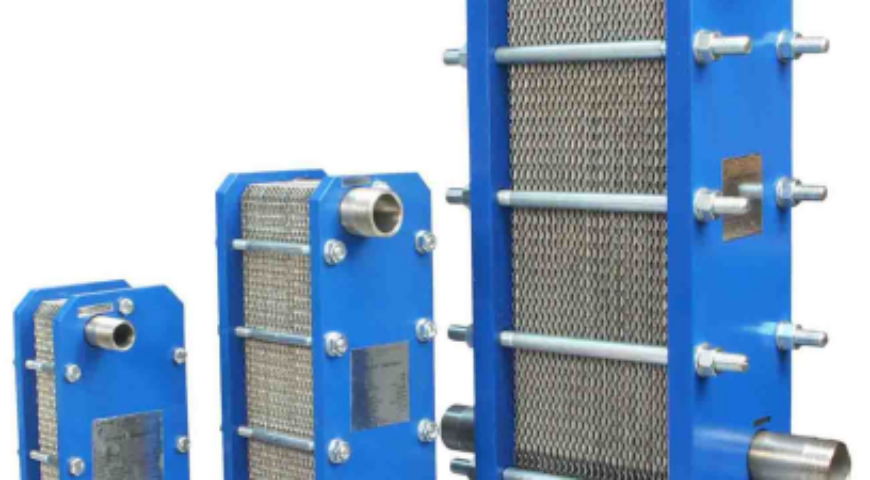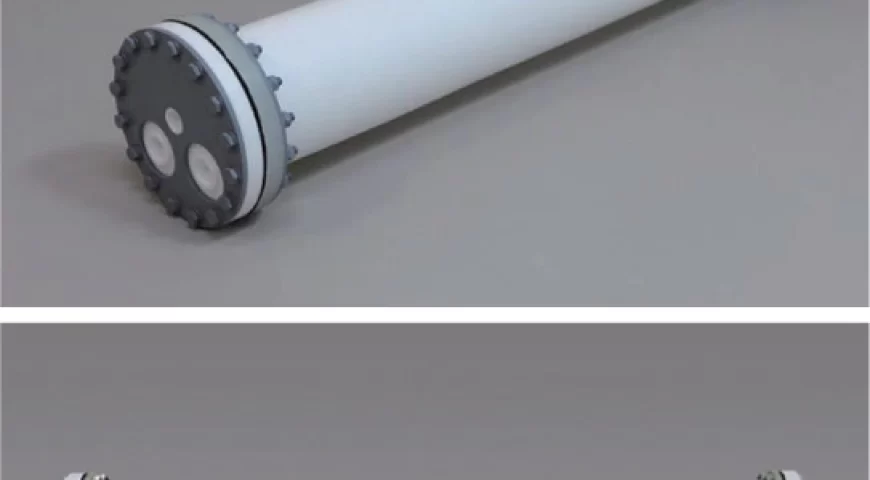Introduction Graphite block heat exchangers is a device used to transfer heat between two fluids, typically when one or both are highly corrosive. Instead of using metal (which corrodes easily in acidic conditions), these heat exchangers use impervious graphite blocks—a material known for its exceptional corrosion resistance and high thermal conductivity. The blocks are precision-drilled […]
- Home
- About Us
- Heat Exchangers
- Cooling Towers
- Fanless Cooling Tower
- Bottle Shape Cooling Tower
- Square Shape Cooling Towers
- FRP Multi Cell Cooling Towers
- Pultruded FRP Cooling Towers
- Single Crossflow Cooling Towers
- Double Crossflow Cooling Tower
- Dry Cooling Towers
- Wooden Cooling Tower
- Closed Circuit Cooling Tower
- Turbine Cooling Tower
- Forced Draft Cooling Towers
- Closed Circuit Hybrid Cooling Tower
- Contact us
91 6379 00 3383




